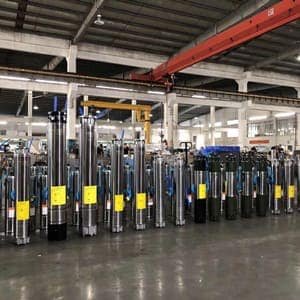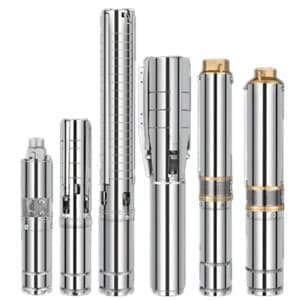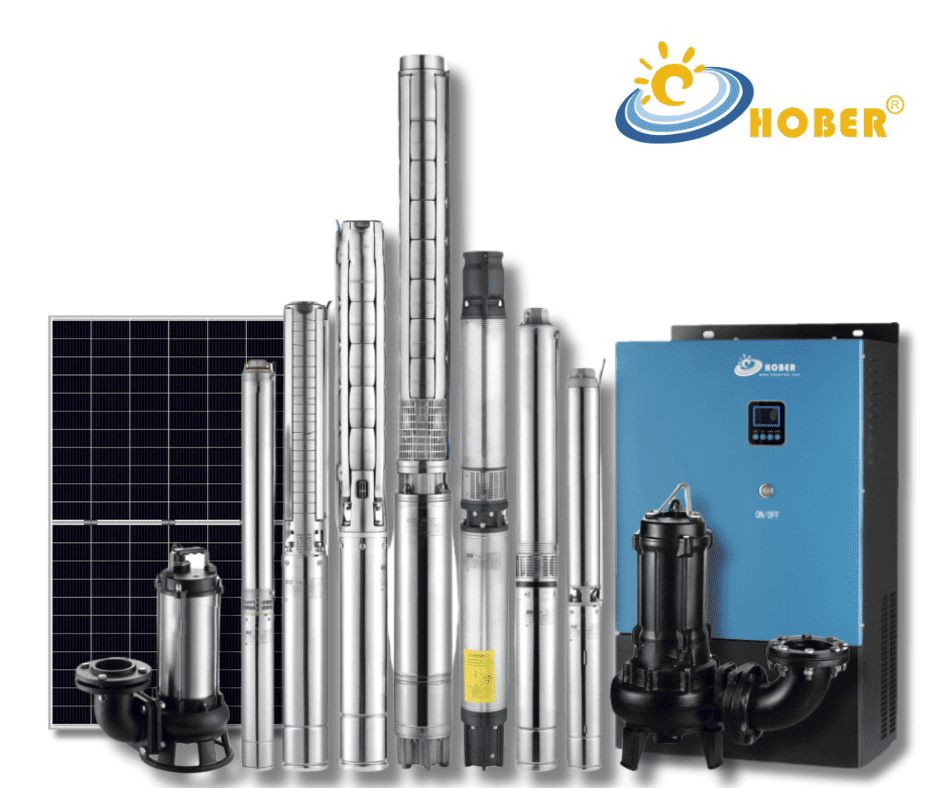As the CEO of HOBER, a leading manufacturer of solar water pump inverters, I often get asked which type of solar pump is superior: water-cooled or oil-cooled? It’s a critical question for anyone in the solar pump industry, and the answer isn’t as straightforward as you might think. Let’s dive into the pros and cons of each to determine which might be the better choice for your specific needs.
First, let’s talk about water-cooled motors. These systems are renowned for their effective cooling capabilities. They are especially beneficial in hot climates where overheating is a concern. With water-cooled motors, the risk of the motor overheating is significantly reduced, which can prolong the life of your equipment.
However, water-cooled motors are not without their drawbacks. One significant disadvantage is their higher maintenance cost. The cooling system requires regular checks to ensure it’s functioning correctly, which can add up in terms of time and money. Moreover, the pump itself can be noisier due to the water flow, which might be a consideration in residential areas or quiet environments.
How Does an Oil-Cooled Motor Compare?
Oil-cooled motors, on the other hand, offer a simpler installation process. There are fewer components involved, which can make them more straightforward to set up and maintain. The oil within the system also provides adequate cooling, ensuring the motor does not overheat during operation.
But, like their water-cooled counterparts, oil-cooled motors have their cons. The cooling they provide is generally less effective compared to water-cooled systems. This can be a significant drawback in extremely hot climates or in high-performance applications where overheating is a major concern. Also, the noise from the oil pump can be an issue, and regular cleaning of the system is required to ensure its efficiency and longevity.
What About Environmental Considerations?
When it comes to being environmentally friendly, water-cooled systems have a slight edge. They typically use water in a closed-loop system, which means there’s minimal environmental impact. However, these systems can be vulnerable to scale and corrosion over time, which can affect their efficiency and lifespan. Regular maintenance and monitoring are required to mitigate these issues.
In contrast, oil-cooled systems involve the handling of oil, which requires careful waste oil management. This can be a concern for those looking to minimize their environmental footprint. Additionally, the oil needs to be replaced periodically, which adds to the maintenance requirements and costs.
Space Efficiency: Which One Wins?
Water-cooled systems are generally more space-efficient. They can be designed to be compact since the cooling is more effective, allowing for a smaller overall motor size. This can be a significant advantage in applications where space is at a premium.
Oil-cooled motors, while not overly bulky, typically require more space than water-cooled ones due to the less efficient cooling system. This might not be an issue in larger installations but can be a deciding factor in smaller setups.
Conclusion
In conclusion, the choice between water-cooled and oil-cooled solar pumps depends on your specific needs and circumstances. Water-cooled systems offer better cooling and are more space-efficient, but they come with higher maintenance costs and potential noise issues. Oil-cooled systems are simpler to install and maintain but are less efficient in cooling and require careful waste oil management. As a CEO at HOBER, I recommend assessing your specific requirements, environmental conditions, and maintenance capacity before making a decision.
[END]



